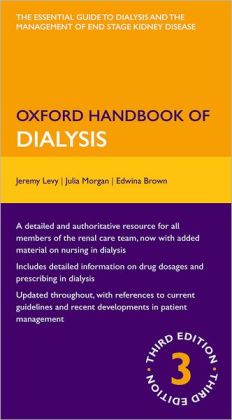-39%
Health Systems Thinking: An Essential Guide for Health Professionals
Introduction
In today’s rapidly evolving healthcare landscape, health professionals face unprecedented challenges and opportunities. To navigate this complex environment effectively, a deep understanding of systems thinking has become indispensable. Systems thinking offers a holistic perspective that empowers individuals to view healthcare as an intricate network of interconnected parts, rather than a fragmented collection of isolated entities.
Systems Thinking in Healthcare
Systems thinking encompasses a multifaceted approach to healthcare that considers the interrelationships between various stakeholders, including patients, providers, organizations, and policymakers. It recognizes that these components do not operate in isolation but rather interact dynamically to shape health outcomes. By understanding the dynamics of these systems, health professionals can identify and address inefficiencies, optimize processes, and improve the overall health of populations.
Core Principles of Systems Thinking
- Interconnectedness: Healthcare is a complex system where all elements are interconnected and interdependent. Changes in one area can have ripple effects throughout the entire system.
- Feedback Loops: Systems often exhibit feedback loops, where actions taken within the system can influence future behavior and outcomes. Understanding these loops is crucial for anticipating and mitigating unintended consequences.
- Emergent Properties: Systems often exhibit emergent properties, which are characteristics that arise from the interactions between the system’s components. These properties cannot be predicted solely by examining the individual components.
- Nonlinearity: Healthcare systems are often nonlinear, meaning that small changes can lead to disproportionate outcomes.
Benefits of Systems Thinking in Healthcare
Incorporating systems thinking into healthcare practice offers numerous benefits, including:
- Improved patient outcomes through better coordination of care
- Enhanced efficiency by streamlining processes and reducing waste
- Increased resilience to withstand disruptions and adapt to changing needs
- Smarter decision-making based on a comprehensive understanding of the broader context
Practical Applications of Systems Thinking
Health professionals can apply systems thinking in various aspects of their work:
- Patient Care: Applying systems thinking to patient care can lead to more personalized and effective treatment plans, reduced medical errors, and improved patient safety.
- Organizational Management: Systems thinking enables healthcare organizations to optimize resource allocation, improve communication, and foster collaboration among different departments.
- Population Health: By understanding the social, economic, and environmental factors that influence health, systems thinkers can develop targeted interventions to promote health equity and reduce health disparities.
Conclusion
Health Systems Thinking: A Primer provides a comprehensive guide to this essential concept for health professionals. Through a combination of theoretical explanations, practical exercises, and real-world examples, this book empowers readers to develop the systems thinking skills necessary to navigate the complex challenges and opportunities in healthcare today. By adopting a systems perspective, health professionals can contribute to a more effective, equitable, and sustainable healthcare system.








Reviews
Clear filtersThere are no reviews yet.